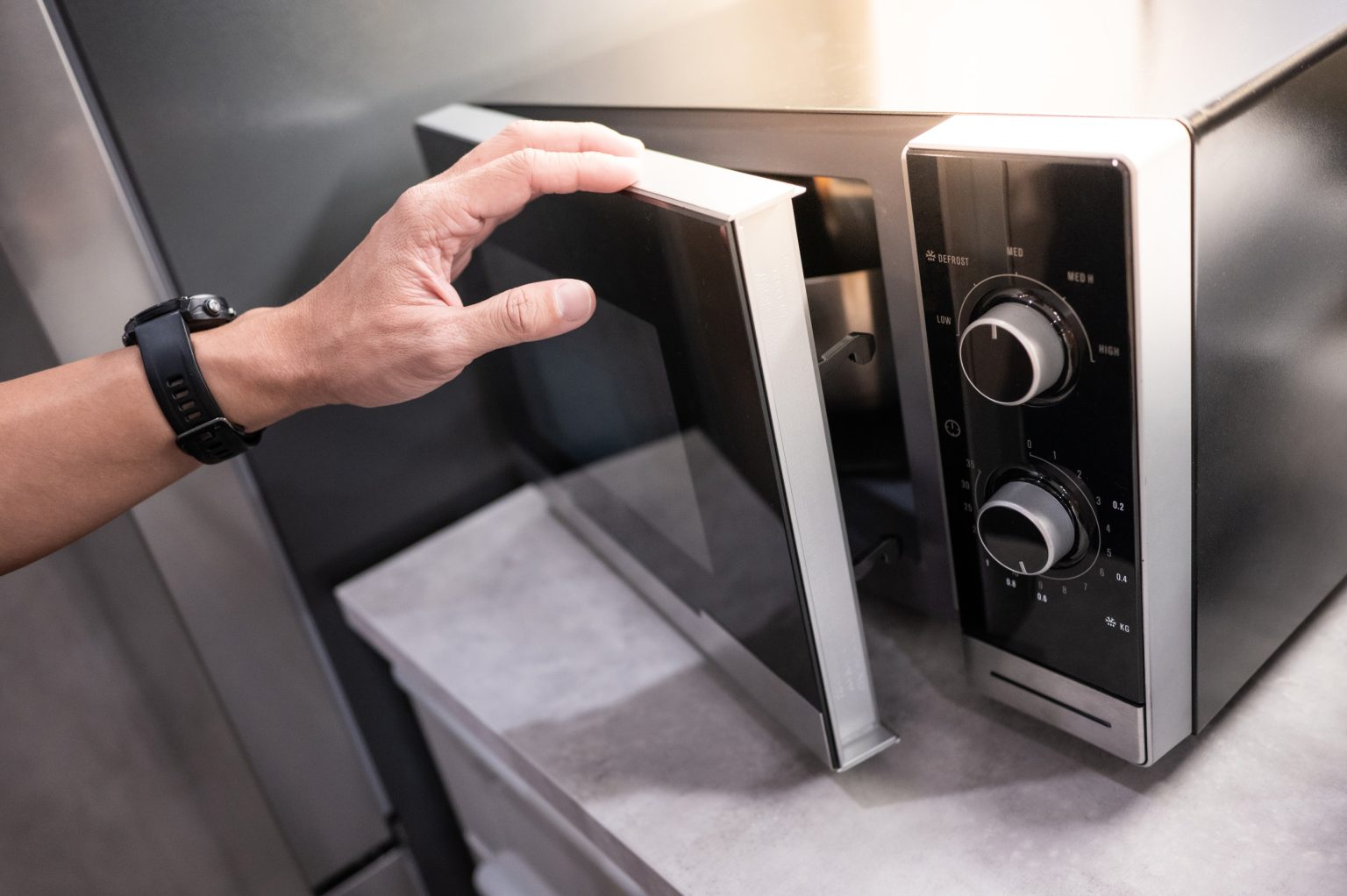This incident revolves around a common workplace dilemma: navigating shared spaces and respecting individual preferences. A 30-year-old office worker, posting anonymously on Reddit as “azuuredamsel,” found themselves in the midst of a food-related conflict with a coworker named Jason. Jason, in his late 20s, habitually brought strong-smelling fish-based lunches, including mackerel, sardines, and salmon, to the office. The pungent aroma permeated the small, shared breakroom, creating an unpleasant environment for azuuredamsel and other colleagues. While several coworkers privately grumbled about the fish odor, no one directly confronted Jason until azuuredamsel decided to address the issue.
Azuuredamsel attempted a polite and discreet conversation with Jason, explaining that the strong fish smell was affecting everyone in the confined breakroom. They gently suggested that Jason consider bringing different lunch options occasionally. However, instead of receiving the suggestion with understanding, Jason reacted defensively. He asserted that fish was a healthy food choice and accused his coworkers of being overly sensitive and childish. He escalated the situation by raising the issue in a team meeting, framing azuuredamsel’s request as “food shaming.” This public accusation left azuuredamsel feeling regretful and questioning their actions, despite the validation received from other colleagues who shared the same concerns about the pervasive fish smell.
The incident quickly gained traction on Reddit, sparking a lively debate among users. The majority of commenters sided with azuuredamsel, emphasizing the importance of consideration in shared spaces. They argued that breakrooms are communal areas where everyone should be mindful of their actions and avoid imposing strong smells on others. Several users drew parallels to other pungent foods, like durian, highlighting the principle of avoiding offensive odors in shared environments. The general consensus was that while individuals have the right to choose their own food, they also have a responsibility to respect their coworkers and avoid creating an unpleasant atmosphere. Jason’s refusal to compromise and his decision to publicly shame azuuredamsel were widely condemned as inappropriate workplace behavior.
This “fishy” situation brings a broader workplace issue to light: the etiquette surrounding strong-smelling foods in shared office spaces. Publications like Bon Appétit offer guidance on office lunch etiquette, suggesting that employees refrain from bringing pungent foods like fish, eggs, and certain cheeses to avoid disturbing colleagues. Experts emphasize the importance of balancing personal preferences with consideration for others. While employees have the freedom to choose their meals, they should also be mindful of the impact their choices have on their coworkers, particularly in confined spaces. This incident underscores the need for open communication and mutual respect in navigating shared workplace environments.
The online discussion further explored the nuances of workplace etiquette and the challenges of addressing sensitive issues. Some users suggested alternative approaches azuuredamsel could have taken, such as involving HR or suggesting designated eating areas for strong-smelling foods. Others highlighted the importance of clear workplace policies regarding food and shared spaces to prevent such conflicts. The debate also touched on the broader trend of online discussions about workplace lunch habits, illustrating that food-related disputes are a common occurrence in office settings. This underscores the need for clear communication and established guidelines to navigate these sensitive situations effectively.
Ultimately, the “fish shaming” incident serves as a reminder of the importance of empathy and consideration in shared workspaces. While individual preferences are valid, they should not infringe on the comfort and well-being of others. Open and respectful communication is crucial for addressing such issues, and established workplace policies can help prevent and resolve conflicts. The online debate highlights the evolving nature of workplace etiquette and the need for ongoing dialogue about shared responsibilities and respectful coexistence. This case also serves as a reminder that seemingly minor issues, like lunch choices, can escalate into significant workplace conflicts if not handled with sensitivity and understanding.

